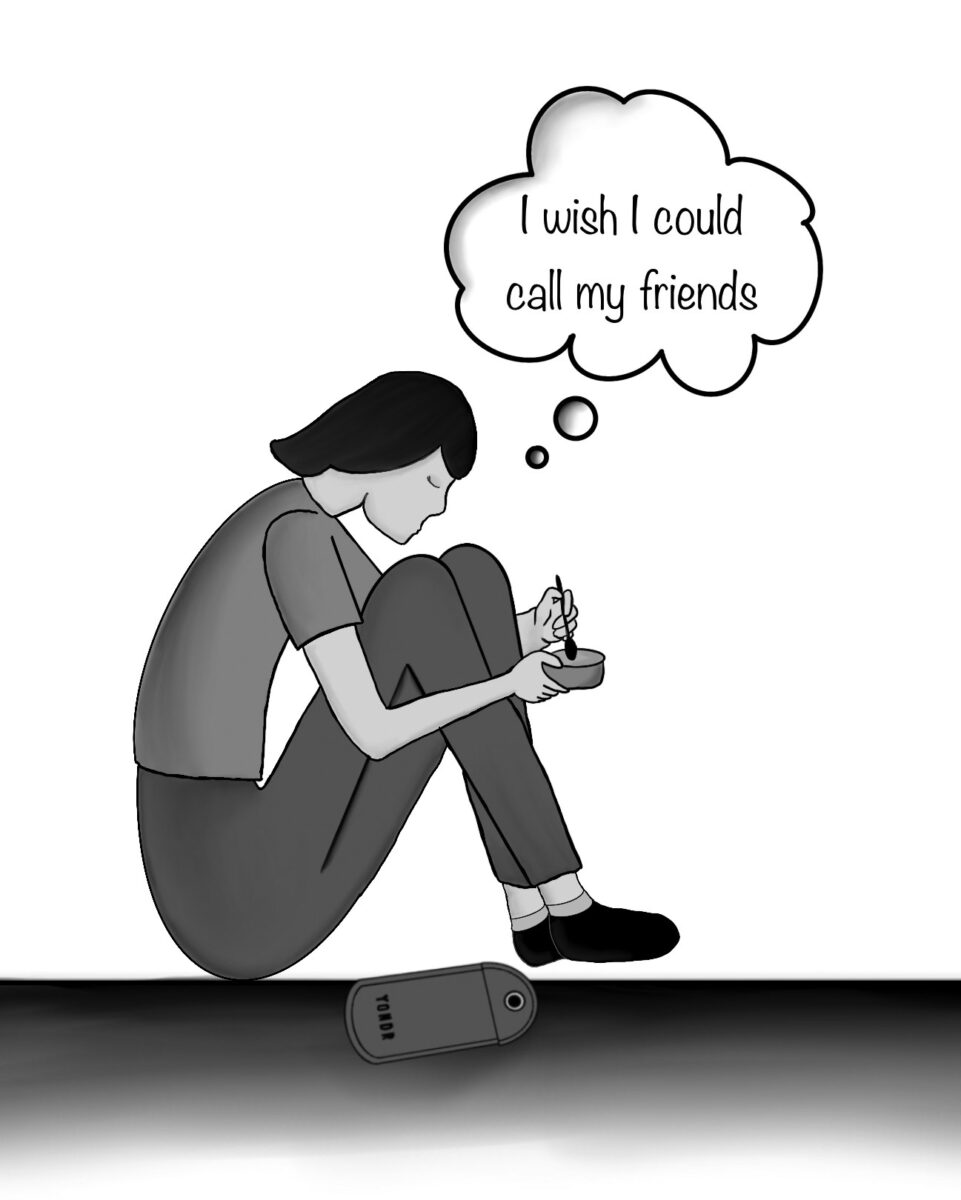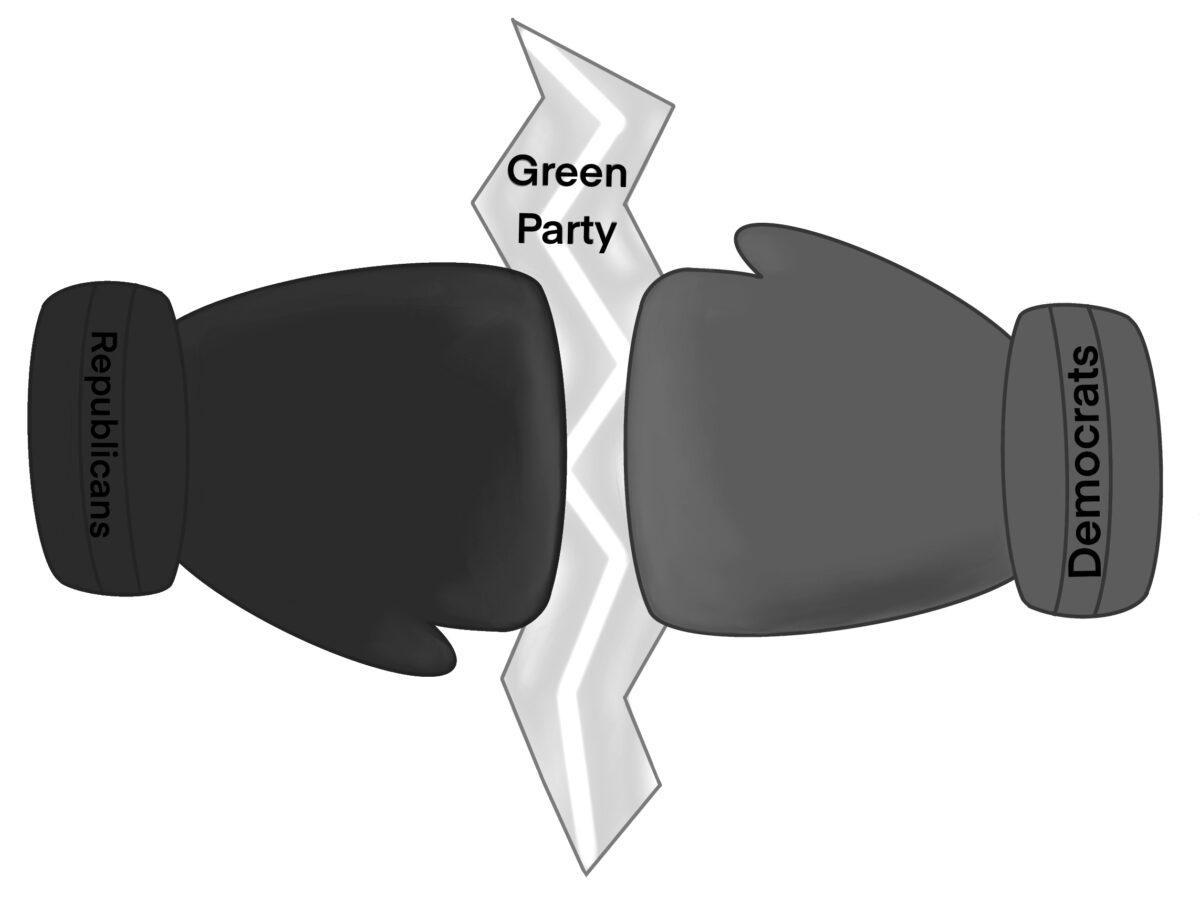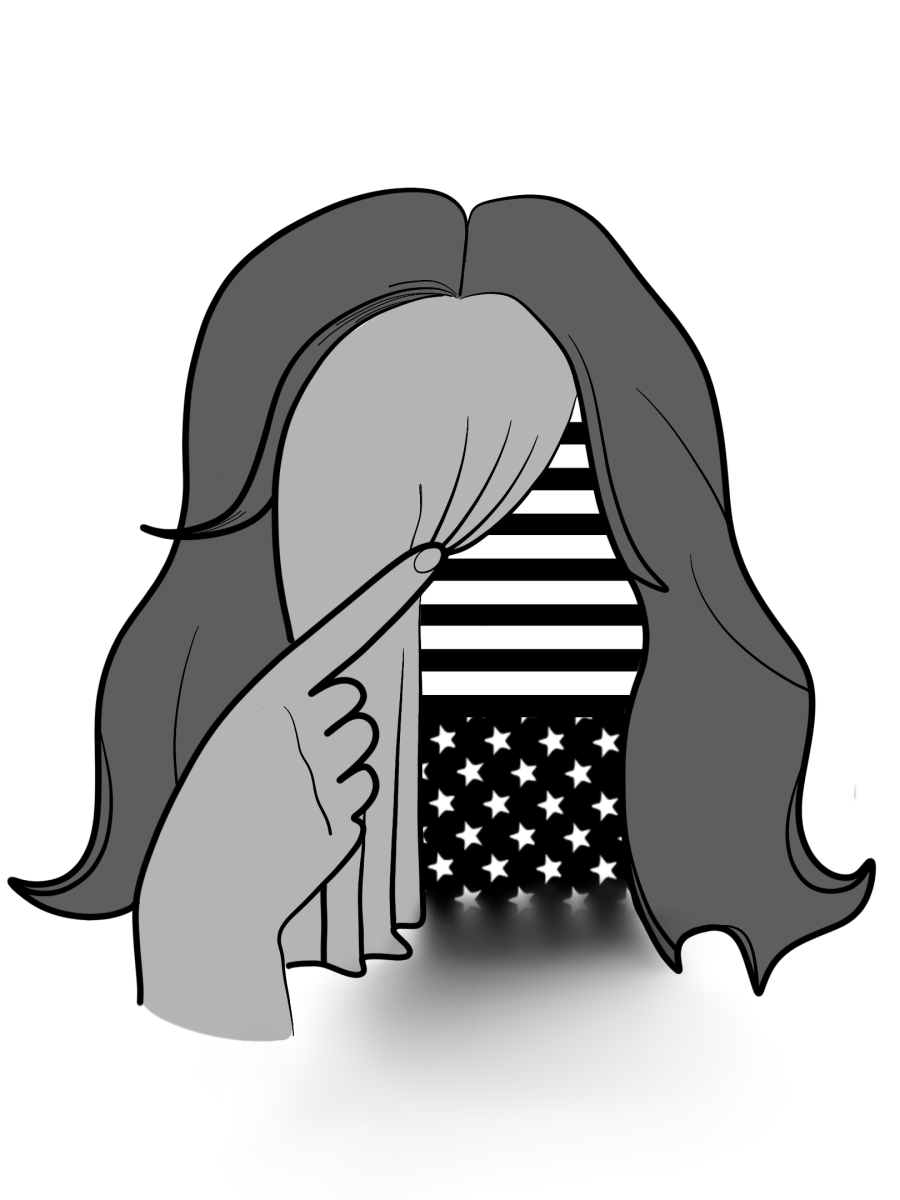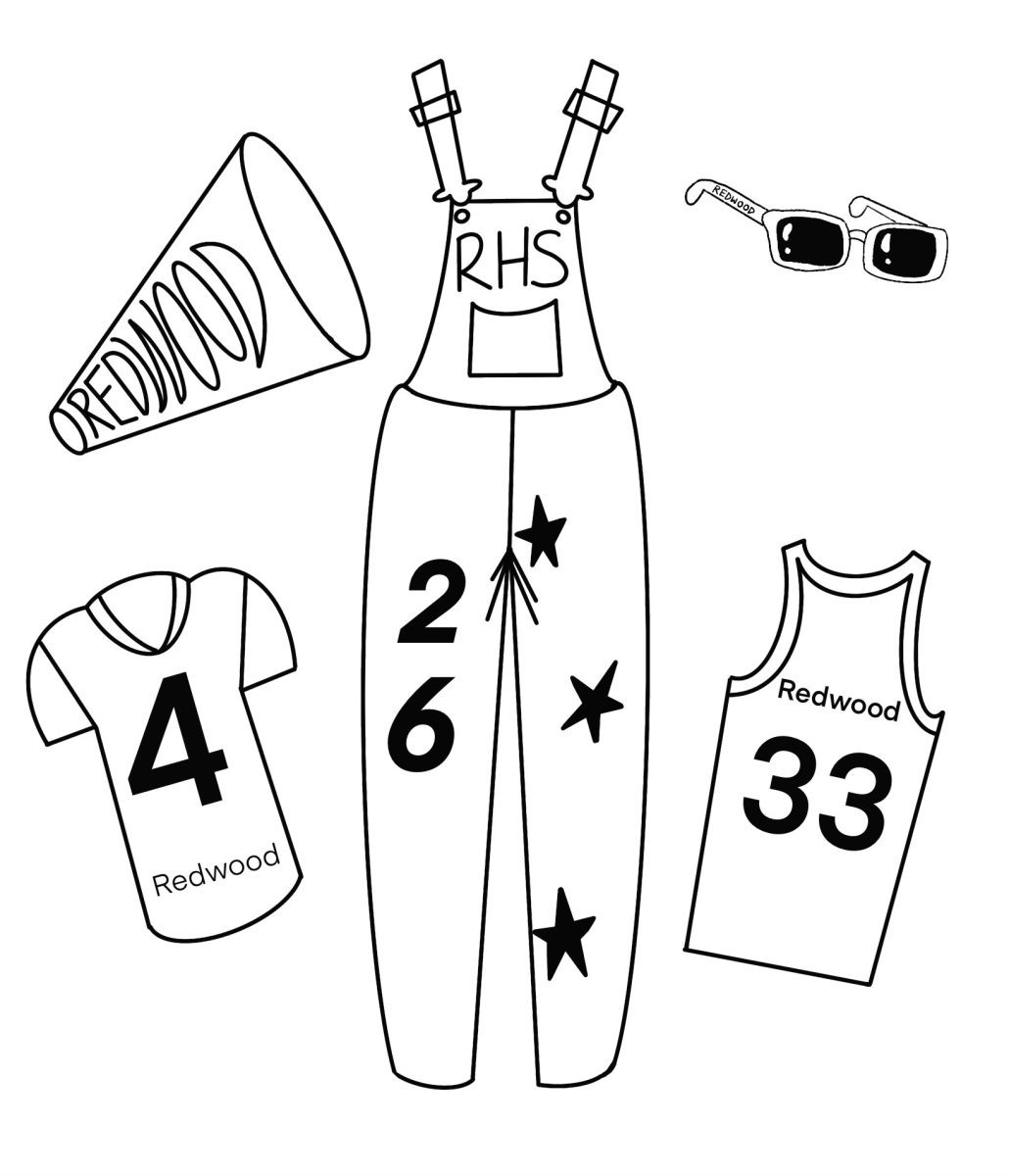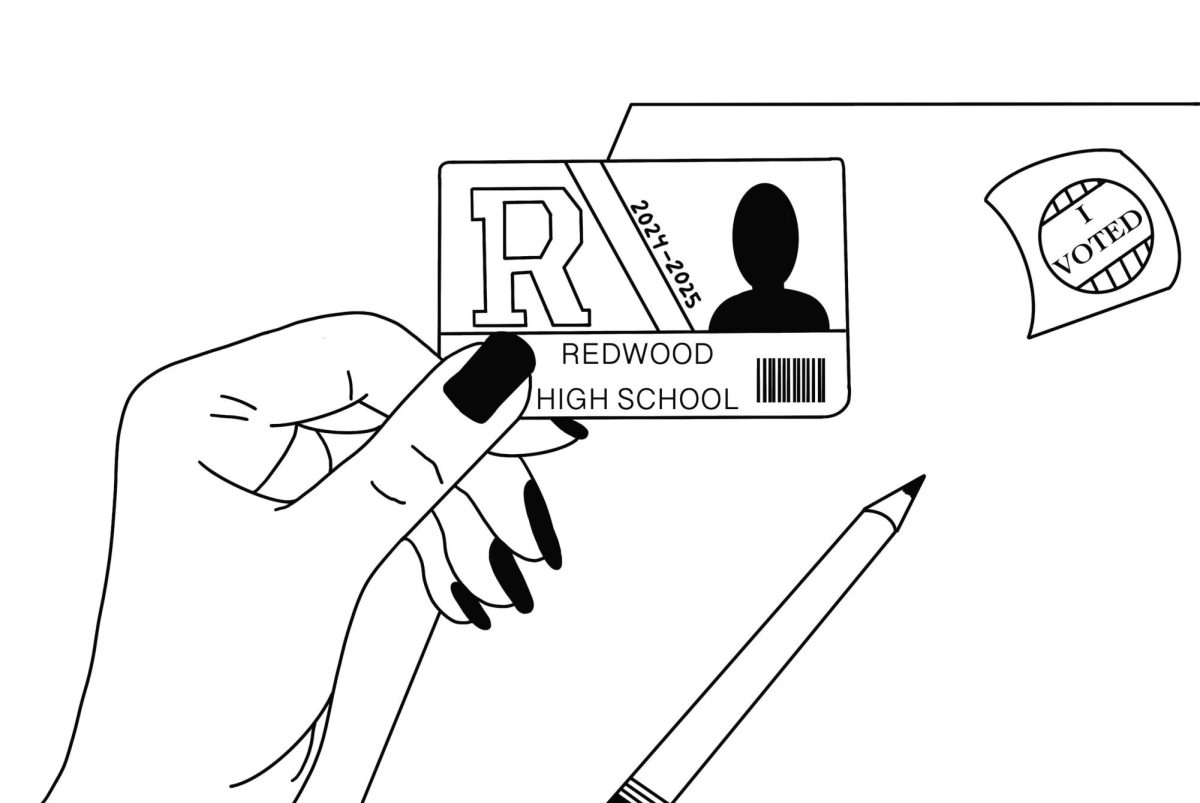A few weeks ago, I enjoyed watching the inaugural College Football Playoff National Championship game between Ohio State and Oregon, a showcase of the best teams and athletes college football has to offer. But as is par with games of this magnitude, it was held at the excessively extravagant AT&T Stadium in Arlington, and alongside came no shortage of advertising and marketing.
This year’s game cost an estimated $1 billion, and despite the outrageous cost, the National Collegiate Athletic Association (NCAA) still made $608 million. In college athletics nowadays, seemingly everyone is making money. Everyone except for one crucial group of people: the players.
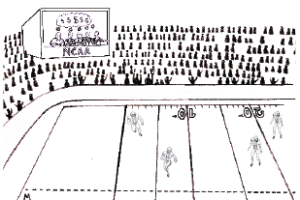
This year’s Rose and Sugar Bowls saw 28.2 and 28.3 million people, respectively, tune in to watch. Yet while the big-name corporate sponsors cash in on the game, the players don’t earn any of the money generated by peoples’ desire to see them compete.
I’m not suggesting that college athletes be paid the way professional athletes are paid. College sports should still be played for the love of the game, not because there’s a paycheck coming in the mail. But the players should be compensated when the NCAA makes millions of dollars each year off the images of their players.
The marketing surrounding these players for events like the College Football Playoff and the NCAA Final Four basketball tournament treats them as professionals, as marketing ploys to squeeze every last cent out of the names and images of the players. Yet as the NCAA markets these players, they simultaneously prohibit the players from using their own image to their advantage.
Former Texas A&M quarterback Johnny Manziel got into hot water with the NCAA for selling paraphernalia with his signature on it, an NCAA violation. Yet Texas A&M and other schools can sell jerseys with their players’ names on them without any backlash from the NCAA and can do so without giving a cent to the player whose name is printed on the back. There’s no reason why players shouldn’t be allowed to make money off of their own name when the NCAA can.
“These players get scholarships; they’re already getting paid,” you might think to yourself. But let’s say the average cost to attend a U.S. college or university is $23,066 per year, according to data compiled by National Center for Education Statistics. So if a player gets an academic scholarship, it’s paid for by the school. Done. But does the fact that these players get a free college education make it more right that they get no compensation for being marketed and used in the way they are?
The NCAA is cornering student-athletes into an unfair situation. It would be the equivalent of a computer programming student creating the next big social media website while on an academic scholarship, only to get their earnings taken from them because they already had their college expenses paid for.
Athletic scholarships don’t cover everything, like the extra spending money every college student needs. Full athletic scholarships cover “tuition and fees, room, board, and required course-related books,” according to the NCAA. These athletes don’t have time to get a job because they’re too busy training. In other words, sports are effectively their jobs, but they don’t get paid to play them.
I’ll give the NCAA credit though—they’re making progress, albeit slow progress—toward eliminating the double standard that pervades college-level athletics.
Weeks prior to the day of the College Football National Championship, the NCAA announced that it would allow payments of up to $5,000 to fund the players’ cost of attendance to the event. The NCAA also announced that it would help fund the travel costs of parents and guardians to the College Football National Championship game and future NCAA Final Four basketball games if their children were participating. While there is still work to be done, this is a big step in the right direction for the NCAA.
Good or bad, there seems to be a new semi-pro culture emerging in all divisions of college athletics. And it’s happening for both male and female sports. If anything, this month’s College Football Playoff National Championship game signals a broad new frontier, a frontier where student-athlete jargon no longer fits who these players really are. It’s time for the NCAA to look in the mirror. We’re not in whatever the collegiate-athletics version of Kansas is anymore. If the NCAA is going to treat these athletes as professionals, they should pay them as such.

